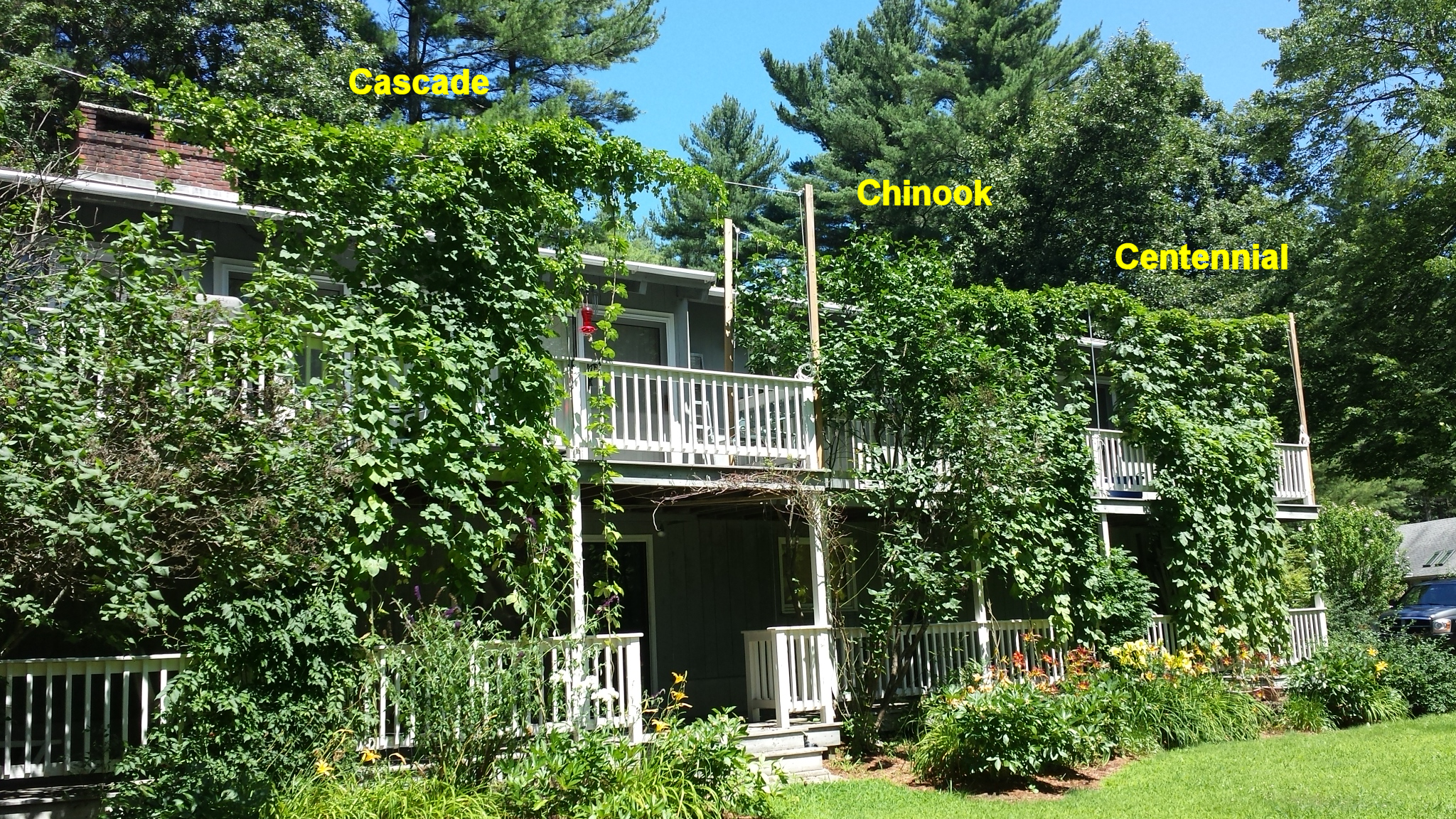fluketamer
Well-Known Member
- Joined
- Dec 1, 2008
- Messages
- 1,949
- Reaction score
- 2,560
i forget where i first heard this term but when i did i wanted to find a list of these magical hops that make any beer perfect. i found a blog in 2019 but thats it. i know i saw on one of bobby recipes that citra can basically make any ipa great. i think my latest (and first) ipa is great but think it may be cause i put 5 oz of citra in it.
mosaic may be similar
someone mentioned sabro.
are there hops like citra that can really hide a lot of flaws and make any ipa taste juicy/fruity/citrusy like citra.
mosaic may be similar
someone mentioned sabro.
are there hops like citra that can really hide a lot of flaws and make any ipa taste juicy/fruity/citrusy like citra.
Last edited:





















































![Craft A Brew - Safale S-04 Dry Yeast - Fermentis - English Ale Dry Yeast - For English and American Ales and Hard Apple Ciders - Ingredients for Home Brewing - Beer Making Supplies - [1 Pack]](https://m.media-amazon.com/images/I/41fVGNh6JfL._SL500_.jpg)




